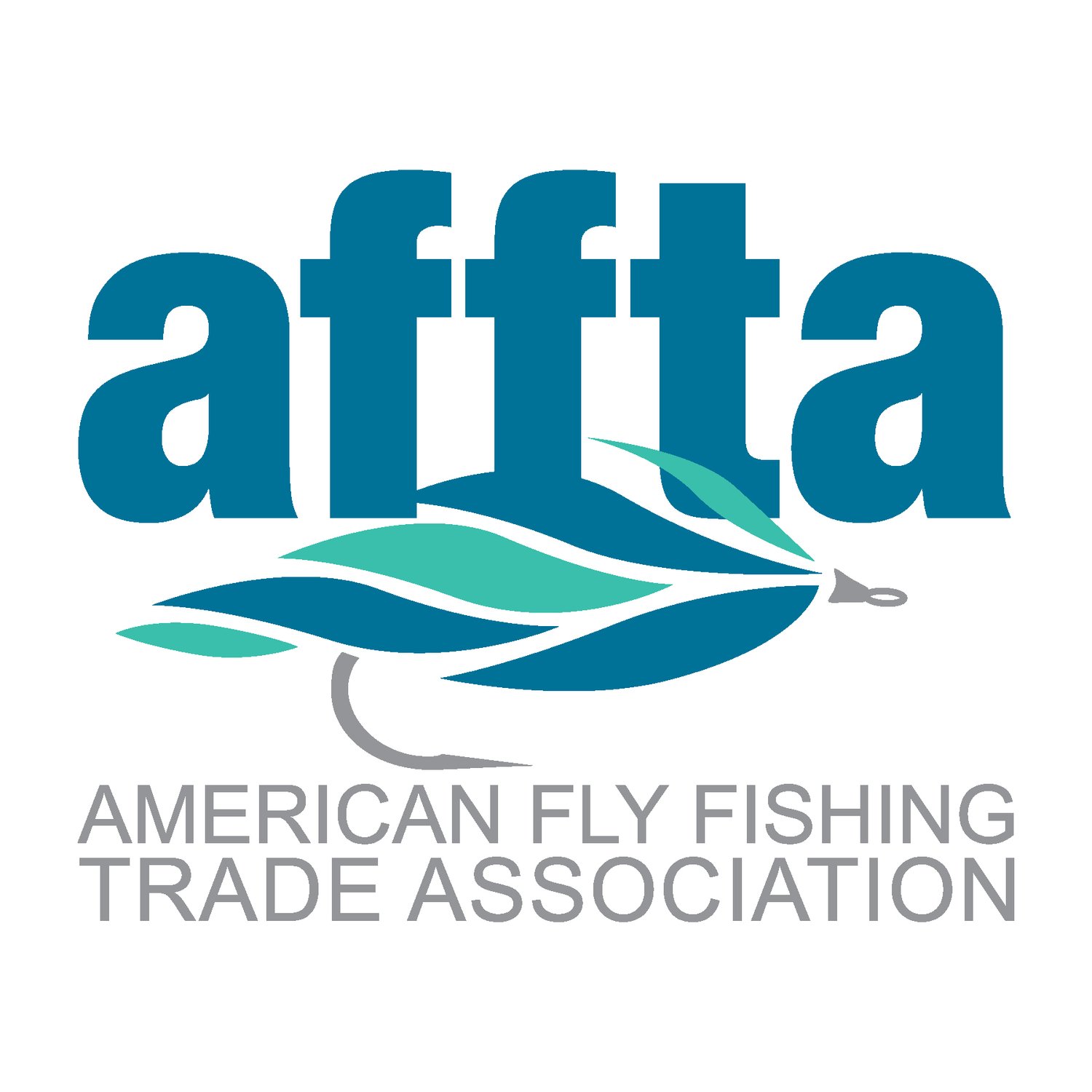April 8, 2024
Georgia Department of Natural Resources
Environmental Protection Division
Land Protection Branch
4244 International Parkway
Atlanta Tradeport, Suite 104
Atlanta, GA 30354
Opposition: Twin Pines Mine Draft Permits
Dear Georgia Environmental Protection Division Leadership:
The undersigned conservation and outdoor recreation organizations write in opposition to the draft permits for Twin Pines
Minerals, LLC. We urge your inclusion of our comments in the final recommendation on the draft permits to the Director.
The Okefenokee National Wildlife Refuge is the largest blackwater wetland in the United States providing habitat to
hundreds of species including multiple state and federal at-risk, threatened, or endangered species. This area is important to
hunting, fishing, and outdoor recreation enthusiasts as well as the surrounding communities, businesses, and tribes. The
proposed Twin Pines mine threatens the economic, structural, environmental, and cultural integrity of the Okefenokee.
Outdoor recreation is a powerful force in the American economy. In 2022, the outdoor industry, led by hunting, fishing, and
boating generated $1.1 trillion in economic output, comprised 2.2 percent of U.S. Gross Domestic Product and supported 5
million jobs. Among the most visited national wildlife refuges in the country, the Okefenokee is an outdoor recreation engine
with over 700,000 people currently visiting the Okefenokee each year, spending $91.5 million in Ware, Charlton, and Clinch
Counties, and creating over 800 local jobs. These outcomes rely on healthy, resilient habitat and wildlife.
The US Fish & Wildlife Service (USFWS) has reported that “the proposed mining operation, including reclamation and
dewatering techniques, poses a risk of permanent and irreversible impacts to the Okefenokee National Wildlife Refuge, its
associated habitats, and the species that depend on them.” USFWS provided a detailed review of the further critical
shortcomings in the data and modeling, which undermine the permit request. Their review warns the proposed mining
project would damage the structural integrity of Trail Ridge, causing water levels to lower, drying important peatland soils
and increasing wildland fire risk. Peatland soils are second only to oceans in the amount of carbon they store, but it is
critical that their soils remain wet, otherwise the sequestered carbon dioxide will release back into the atmosphere. It is
estimated that the carbon stored within the Okefenokee peatland soil is equivalent to over 95 million tons of carbon dioxide.
The proposed Twin Pines permits have the potential to remove this capture carbon capacity that serves as a nature-based
solution for climate change.
Thank you for your consideration of the threats to wildlife, habitat, outdoor recreation opportunities, local economies,
communities, and culture in the final recommendation on the draft permits.
Sincerely,
American Fly Fishing Trade Association
American Rivers
Fly Fishers International
Minority Outdoor Alliance
National Wildlife Federation
North American Falconers Association
Quail Forever
Theodore Roosevelt Conservation Partnership

